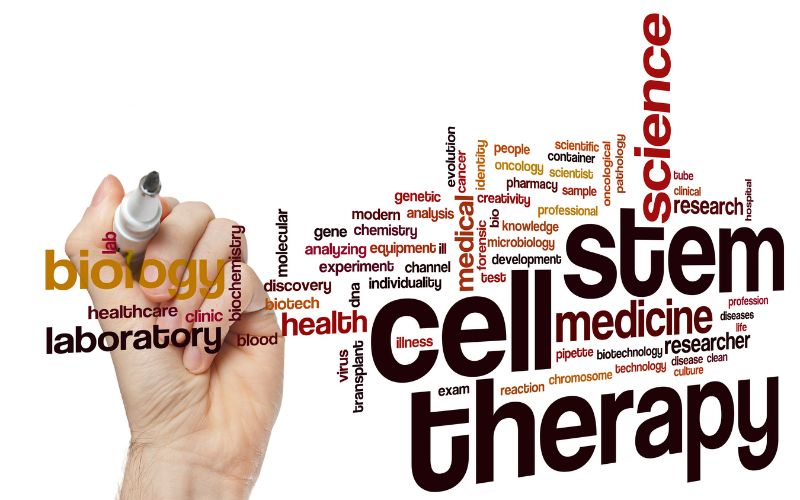Aging is a complex biological process that affects every individual. However, recent advancements in regenerative medicine, particularly in the field of stem cell research, have shed light on the potential for slowing down the aging process. This essay explores the role of stem cells in aging and how regenerative medicine holds promise for promoting healthy aging and extending human lifespan.
- Stem Cells and Tissue Regeneration: Stem cells play a crucial role in tissue regeneration throughout our lives. However, as we age, the regenerative capacity of our stem cells declines, leading to slower tissue repair and the accumulation of age-related damage. Understanding the mechanisms behind this decline and finding ways to rejuvenate or replace aging stem cells could have significant implications for slowing down the aging process.
- Age-Related Diseases and Stem Cell Therapy: Many age-related diseases, such as cardiovascular disorders, neurodegenerative conditions, and musculoskeletal disorders, are characterized by the loss or dysfunction of specific cell types. Stem cell therapies offer a potential solution by replenishing or regenerating these cells, thereby restoring tissue function and mitigating age-related diseases. The ability of stem cells to differentiate into various cell types holds promise for treating a wide range of age-related conditions.
- Telomeres and Cellular Aging: Telomeres, the protective caps at the ends of chromosomes, play a vital role in cellular aging. With each cell division, telomeres shorten, eventually leading to cellular senescence. However, certain types of stem cells, such as embryonic stem cells and induced pluripotent stem cells, possess the unique ability to maintain their telomeres and avoid senescence. Understanding the mechanisms behind telomere maintenance in stem cells could unlock new approaches to delay or reverse cellular aging.
- Stem Cell-Based Anti-Aging Therapies: Researchers are exploring the potential of stem cell-based therapies to rejuvenate aged tissues and organs. By introducing young, healthy stem cells into aging tissues, it may be possible to stimulate tissue regeneration and restore youthful functionality. Additionally, the secreted factors and signaling molecules produced by stem cells, known as the “secretome,” have been shown to have anti-aging effects, promoting tissue repair and reducing inflammation.
- Epigenetic Alterations and Rejuvenation: Epigenetic changes, alterations in gene expression patterns that occur with age, play a significant role in the aging process. Recent studies have shown that these epigenetic modifications can be reversed or reset, potentially rejuvenating cells and tissues. Stem cells possess the ability to remodel their epigenome, making them ideal candidates for epigenetic rejuvenation strategies.
- Ethical Considerations and Regulation: While the potential of stem cells in slowing down aging is exciting, it is important to address ethical considerations and establish regulatory frameworks. Ensuring the safety and efficacy of stem cell-based therapies is crucial, as well as addressing concerns related to the sourcing and use of stem cells. Collaboration between researchers, clinicians, and regulatory bodies is essential to navigate these challenges and ensure responsible and ethical advancements in the field.
Conclusion: Stem cell research and regenerative medicine offer a promising avenue for understanding and potentially slowing down the aging process. By unraveling the mechanisms behind stem cell aging, rejuvenation, and tissue regeneration, we can explore innovative strategies to promote healthy aging and extend human lifespan. While there are challenges to overcome, the continued advancement of stem cell-based therapies holds great potential for revolutionizing the way we approach aging and improving the quality of life for individuals in their later years.

